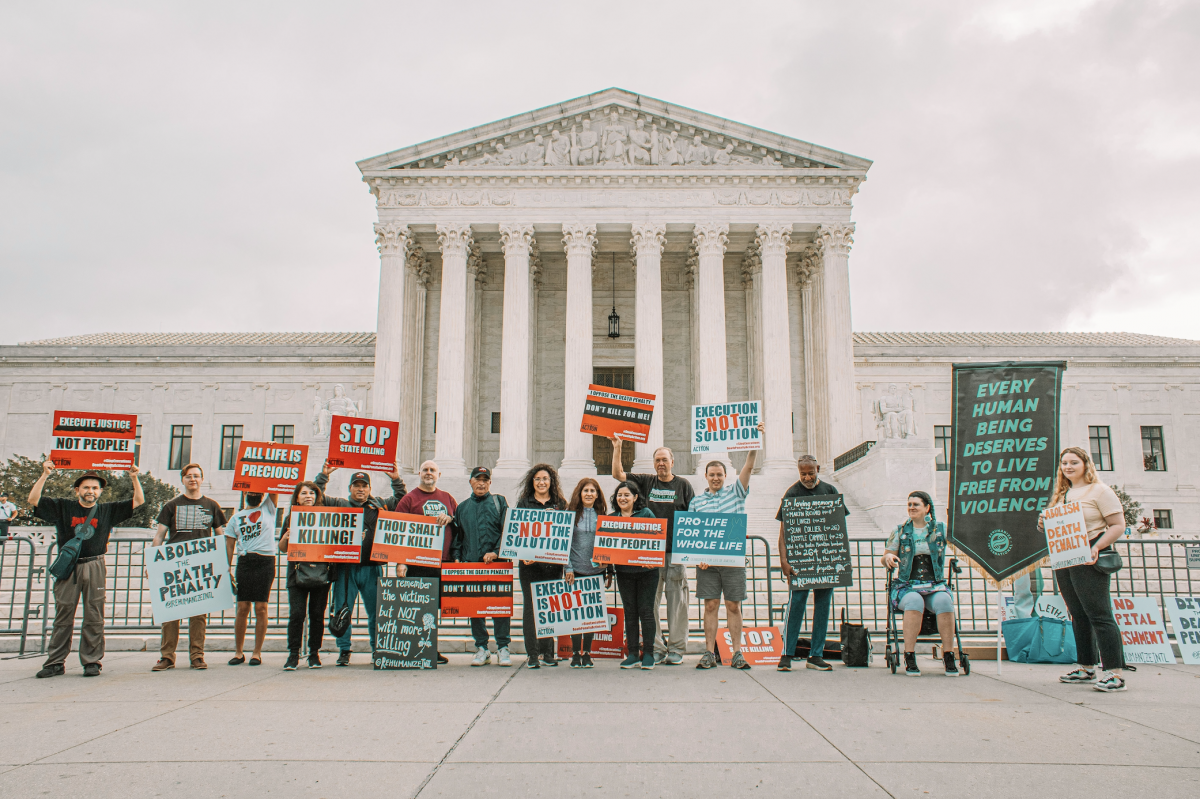From chemtrails to immigration, several new state laws took effect at the beginning of the month. Let’s have a look at a few examples of how state lawmakers changed the rules here this year.
Death for child rapists — Adults over the age of 18 now face the death penalty if they rape a child under the age of 12. The legislation was sponsored by two powerful lawmakers: House Majority Leader Rep. William Lamberth (R-Cottontown) and Senate Majority Leader Sen. Jack Johnson (R-Franklin).
However, in 2008, the U.S. Supreme Court said a similar idea from Louisiana was “not proportional punishment for the crime of child rape.” Johnson said he sponsored the legislation “in an effort to challenge the 2008 Supreme Court ruling.”
The Bible — The Bible — specifically the Aitken Bible — is a new state book. That version was the first published in the U.S.
State lawmakers have long flirted with the notion to make the Bible a state book but the bills to do it never passed. Conservatives bypassed much of the controversy to get it done this year by adding the Bible to a list of 10 other new, state books. That list included Alex Haley’s “Roots,” and Robert Penn Warren’s “All the President’s Men.”
Immigration — All law enforcement agencies and officials must now report “the immigration status of any individual” to the federal government. This includes the “knowledge that a particular alien is not lawfully present in the United States.”
“Chemtrails” — “It is documented that the federal government or other entities acting on the federal government’s behalf or at the federal government’s request may conduct geoengineering experiments by intentionally dispersing chemicals into the atmosphere, and those activities may occur within the State of Tennessee,” reads Senate Bill 2691.
It says geoengineering is is not “well understood.” So as of last week in Tennessee, “the intentional injection, release, or dispersion, by any means, of chemicals, chemical compounds, substances, or apparatus within the borders of this state into the atmosphere with the express purpose of affecting temperature, weather, or the intensity of the sunlight is prohibited.”
“Abortion trafficking” — A new law makes it illegal for an adult to recruit, harbor, or transport a pregnant “unemancipated minor” to conceal an abortion from their parents, helping them get an abortion no matter where it is performed, or getting an abortion-inducing drug for them. Those caught now face a Class A misdemeanor and “must be punished by imprisonment for 11 months and 29 days.”
The ELVIS Act — Gov. Bill Lee described the Ensuring Likeness Voice and Image Security Act (ELVIS Act) as “a bill updating Tennessee’s Protection of Personal Rights Act to include protections for songwriters, performers, and music industry professionals’ voice[s] from the misuse of artificial intelligence.”
“From Beale Street to Broadway, to Bristol and beyond, Tennessee is known for our rich artistic heritage that tells the story of our great state,” said Lee. “As the technology landscape evolves with artificial intelligence, I thank the General Assembly for its partnership in creating legal protection for our best-in-class artists and songwriters.”
Parent protections — The “Families’ Rights and Responsibilities Act” says no government agency or official can substantially burden “the fundamental rights of a parent as provided under this bill,” unless the government can prove it needs to step in.
These rights include “the upbringing of the child,” the “moral or religious training of the child,” all healthcare decisions, school choice (public, private, religious, or home school), excused absences from school attendance for religious purposes, consent before the collection of “any individual biometric data” like analysis of facial expressions, brain wave patterns, heart-rate, pulse, blood volume, blood, DNA, and more.

